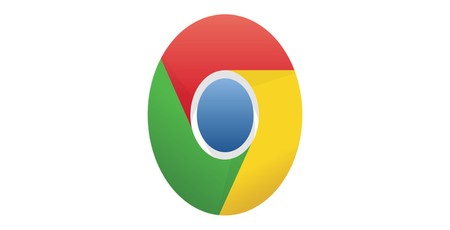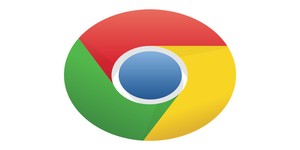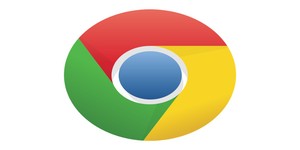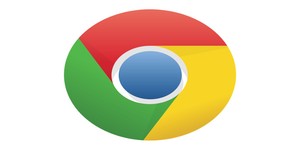
Google has partially rolled back an update to its popular Chrome web browser, after discovering that changes introduced to block auto-playing media were wreaking havoc on the browser-based gaming scene.
Introduced in Chrome 66 with the best of intentions, Google's new restrictions on media prevent websites from running audio or video as soon as the page is loaded - so-called auto-play media, beloved of advertisers and those looking to drive viewers to other content on their site. Sadly, the change had an unintended side effect: Many browser-based games, which make use of the Web Audio application programming interface (API), fell silent.
Following numerous complaints from end-users and developers alike, Google has announced it has partially reverted the change to restore functionality to these games: 'We've updated Chrome 66 to temporarily remove the autoplay policy for the Web Audio API. This change does not affect most media playback on the web, as the autoplay policy will remain in effect for video and audio,' John Pallett explains in an update on the Chromium mailing list. 'We’re doing this to give Web Audio API developers (e.g. gaming, audio applications, some RTC features) more time to update their code. The team here is working hard to improve things for users and developers, but in this case we didn’t do a good job of communicating the impact of the new autoplay policy to developers using the Web Audio API.'
The fix has an expiry date, however: Pallett has confirmed that Google plans to reinstate the block on Web Audio auto-play in Chrome 70, a move which the community has warned is likely to leave the vast majority of browser-based games unplayable as they are no longer maintained and thus will not be updated to work around Chrome's new policy. Thus far, Google has not responded to these concerns.

MSI MPG Velox 100R Chassis Review
October 14 2021 | 15:04








Want to comment? Please log in.